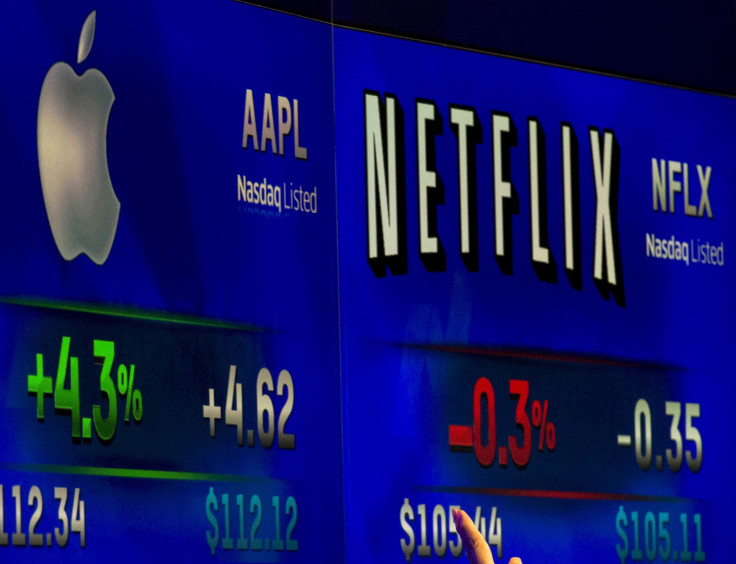Companies like Uber and Netflix indicate businesses are soon to go global

While Australian citizens have been riding high on the Uber and Netflix, the impact these companies might have on the domestic economy is quite serious, according to analysts. The recent surge in digital revolution has indeed affected the share prices of a number of companies, as people are becoming increasingly dependent on the digital services.
The Sydney Morning Herald reported on Monday that the share prices of Cabcharge plummeted to a 12-year low as result of increasing popularity of the Uber, a cab-hailing application. Since the company launched its services in Australia in November 2012, the stock prices fell by more than 50 percent compared to the 13 percent rise in the broader market. Although Cabcharge, for so long Australia’s primary cab payment system, faces the most formidable rival in Uber, other cab-hailing apps like goCatch and Ingogo also pose a potent danger to its existence.
Other reasons that pushed the Cabcharge share prices to take dive include government-mandated cuts on extra charges on taxi fares. Cabcharge had been running a monopoly until Uber came into the picture. According to analysts, competition is the essence of the capitalist economy.
Apart from the cab hailing businesses, there are many other sectors which have been experiencing low share prices after being faced with strong competition. Netflix, for instance, has caused the share prices of all free to air TV networks to fall considerably low after it was officially launched in March.
Old companies getting toppled by new emerging ones is a normal course for businesses. But analysts say that the wave of digital disruption has lasted pretty long in Australia. Classified advertising giants like the Fairfax Media have also been losing out on its businesses to companies like REA Group, Seek and Carsales.com.au.
According to the Sydney Morning Herald, the current trend in the market indicates that businesses are aiming to go global and this means the Australian companies that have so far been enjoying certain local advantages would take a backseat before the new and emerging technologies.
However, this can be a problem for those who limit their investments to the Australian stock market. "If you are invested in these companies getting disrupted you can lose a lot of money," says Jason Sedawie, executive director of Brisbane-based global fund manager Decisive Asset Management.
But at the same time, Australian companies might be faced with a number of disadvantages if they want to upgrade themselves to a global status. Companies like Uber and Netflix, which have expanded globally, have loyal shareholders who have invested it in on a long term basis, willing to stand by through periods of losses.
In Australia, the scenario is different. Australian investors are constantly looking for profits and dividends and are, in most cases, against the offshore expansion of the companies. And this unwillingness stems from the long history of Australian companies losing billions after expanding offshore. However, it is necessary for the business elites of Australia to change their mindset to make way for a stronger economy.
Contact the writer at feedback@ibtimes.com.au, or let us know what you think below.




















